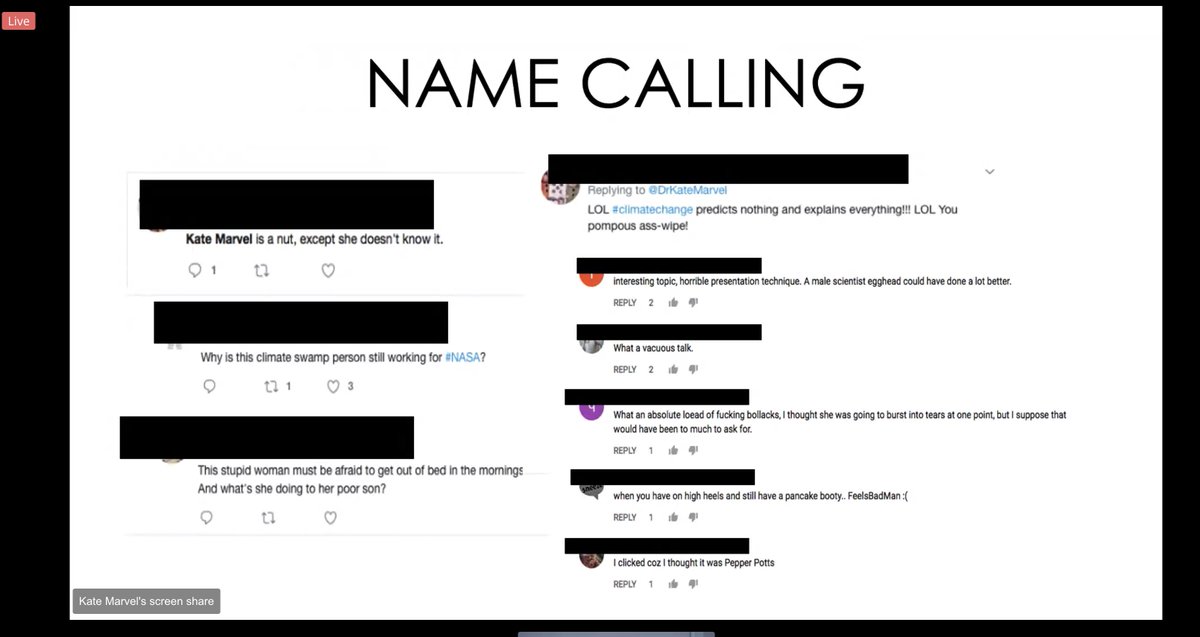
I have so many thoughts on climate motivations and framings that I wrote an inadvertent thread. I work to help people find their climate agency through identifying their leverage points for high-impact climate action (personal, collective, systemic). "Guilt" is the wrong framing.
https://twitter.com/KA_Nicholas/status/1463415691080577025
Hypothesis: The focus on "guilt/shame" frame in climate debates is related to high prevalence of "purity" values in the US (Moral Foundations Theory), whereas more secular Europe centers values of care/harm and fairness/cheating.
(thread ☝️)
(thread ☝️)
Would love to hear expert views (or better, data!) on plausibility of my hypothesis on climate guilt (previous tweet)-- @KirstiJylhae, @kristiansn89, @Zlevo, @WynesSeth, @brittwray, @DoctorVive ... also does this imply guilt works for those NOT centering the value of "purity"??
@steviedubyu just saw your tweet on gender differences in guilt-- would love to see any work you've done on this or any literature tips, thanks!
@C_P_Haugestad I was talking to @SaraUllstrom today and she mentioned you’re researching climate guilt. I would love to read any thoughts or relevant literature you could share re national variation and relationship to purity values if any (see above). Thank you for any tips!
• • •
Missing some Tweet in this thread? You can try to
force a refresh










